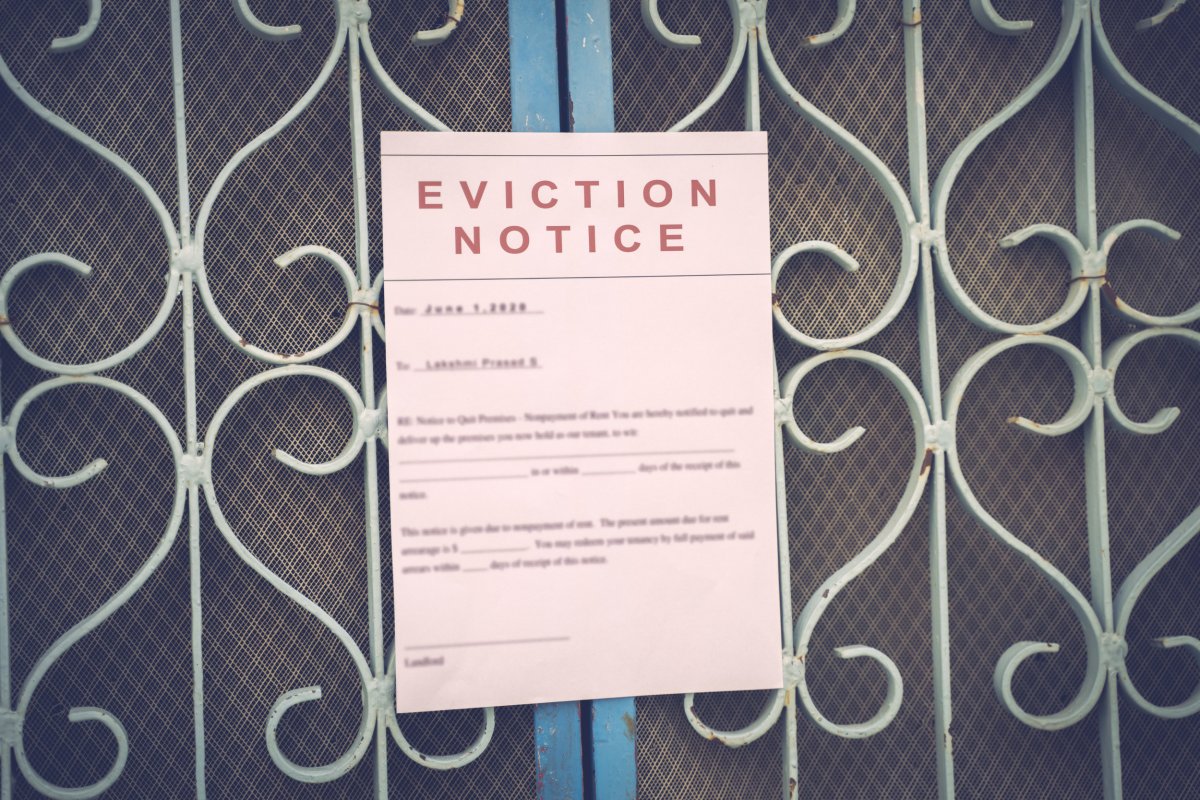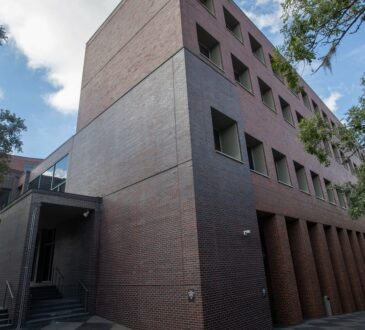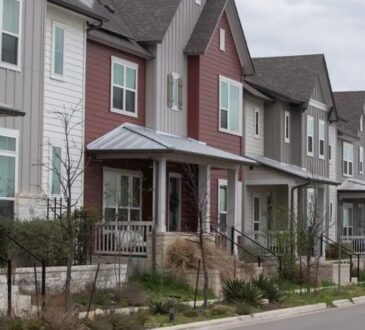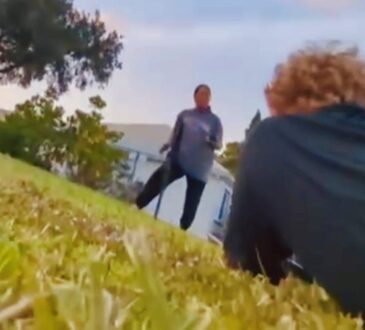As the issue of squatting comes under scrutiny following recent reports of clashes between homeowners and people unlawfully occupying their property, a map shows where the most squatting incidents have been documented in the U.S.
Squatters are people who inhabit a piece of land or a building that they do not have a legal right to occupy, according to the American Apartment Owners Association. They live in the building or on the property without paying rent and without lawful documentation stating they own the property, are a law-abiding tenant or that they have permission to use or access the area.
There is little research about the scale of the issue in the U.S. But areas in Georgia, Florida and Texas had more squatters than other U.S. metropolitan areas, according to a survey by the National Rental Home Council (NRHC).
The council surveyed its members who own single-family rental homes and found that about 1,200 homes in the Atlanta area have had squatters.
The survey found there were an estimated 475 homes that had been occupied by squatters in the Dallas-Fort Worth, Texas, area, and about 125 in Orange County, Florida, which includes Orlando.
According to MarketWatch, the council has never conducted the survey about squatting incidents before, so it’s not clear if the number represents an increase or not.

iStock
Some states are taking action to help homeowners boot squatters off their properties.
Florida Governor Ron DeSantis signed new legislation last week that allows homeowners to ask police to immediately remove squatters from their property. The legislation also creates criminal penalties for anyone presenting a falsified lease or doing more than $1,000 in damage. Also last week, the Georgia Legislature passed a bill that criminalizes squatting.
“Trespassing is obviously a property rights issue, but perhaps more importantly, the impact of this kind of activity extends well beyond the concerns of the individual property owner,” David Howard, the chief executive officer of the NRHC, told Newsweek via email.
“There are serious public safety issues at play here. Who is in the home? What is happening in the property? What is the risk to others in the neighborhood? What impact does trespassing have on neighborhood stability?”
Part of the challenge, Howard said, is that in some jurisdictions, there “either is no law against ‘squatting,’ or there is no clear legal path to have the trespassers removed.
“In defense of local law enforcement, they typically haven’t had the tools to respond. Anti-trespassing bills have recently passed in Georgia and Florida that lay out an assured process for property owners to follow to remove illegal occupants, complete with a legal basis for doing so.
“Importantly, the burden of proof attesting to occupation is put on the tenant. If they can’t provide documentation showing they have a right to be in the house [a lease, etc.] in a timely fashion they have to leave or face criminal prosecution.”
But squatting incidents also underscore the need for more affordable housing in many U.S. cities, with rent costs only recently cooling after skyrocketing in recent years.
Meanwhile, data from the Harvard Joint Center for Housing Studies, released in January, shows that a record-high 22.4 million renter households—about half of renters nationwide—were spending more than 30 percent of their income on rent in 2022. The number of units with rents less than $600 also dropped to 7.2 million in 2022, some 2.1 million fewer than in 2012.
A report from the National Low Income Housing Coalition last year found that a full-time minimum-wage worker cannot afford a modest one-bedroom rental in more than 92 percent of U.S. counties.
White House press secretary Karine Jean-Pierre said on Monday that it is “critical” that local governments take action to address squatting incidents.
“My understanding is that this is, obviously, a local issue,” Jean-Pierre said during a press briefing. “We are certainly tracking that issue. The rights of property owners and renters must be protected.
“And we believe that ultimately what needs to happen is that the local government needs to make sure that they address this and they take action. It is critical that local governments take action to address it.”
Uncommon Knowledge
Newsweek is committed to challenging conventional wisdom and finding connections in the search for common ground.
Newsweek is committed to challenging conventional wisdom and finding connections in the search for common ground.




